How to start and maintain an
Indoor worm farm
Having an indoor worm farm to compost kitchen scraps sounds for many still a little strange. But more and more environmental conscious house owners and apartment
dwellers are recycling their rich organic waste with the help of compost worms in specially designed worm compost bins.
The beauty of it is that it's quite a clean affair and a healthy worm farm won't produce any bad odors but rather smells like fresh forest soil, or so I've been told! My ability to smell has been seriously compromised years ago when a doctor wanted to stop a nose bleed I was suffering from...! But that's another story! But many of my clients and friends have confirmed with me that there are no bad odors coming from their worm farms. And this makes sense because the worms are feeding exactly on those parts of the kitchen scraps that are just busy starting to decompose.
And those if not removed are responsible for foul smells.
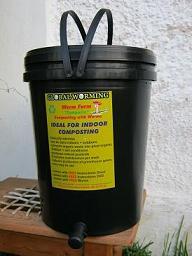 This is a typical indoor worm farm that we produce.
This is a typical indoor worm farm that we produce.Requirements for an indoor worm farm
Let's have a look at the requirements an indoor worm farm should fulfill!
- Most people will want to use the worm farm under a kitchen sink, in a cupboard or shelf either like I do in the kitchen or a store room. This will make it convenient when one wants to add kitchen scraps to the worm composter. So it shouldn't be to big and fit underneath a sink or in a shelf. For that reason I suggest to either build or purchase a model that doesn't exceed a volume of 20 liters / 5US gal lqd 2.26
- It should not allow flies to breed in it. Generally the only way any annoying insects can get into a worm farm that is kept in a home is either through an open lid or air holes. Now both these options can be excluded if the lid of the worm farm is kept properly closed at all times and the air holes will not allow flies to crawl into the worm bin.
- As discussed earlier on it should not produce any bad odors. This would in return as well ensure to keep flies away. The only 2 ways for a worm farm to start to stink are either to much food for the worms to handle inside the bin or the fact that the worms have died. This rarely ever happens if one follows the simple instructions that can be obtained either from us here on our pages or a reputed worm farming dealer in your area.
- It should have a tap to be able to drain of excess liquids.
This will prevent the worms from drowning in the unlikely event of to much liquid inside the bin and will as well act against foul smells.
The main advantage of the tap is that you will be able to get hold of the worm leachate which will be an nice organic fertilizer if your worm bin has been in action for a while and accumulated an substantial amount of finished worm castings (worm poop).
The excess liquids in your worm farm will be able to absorb nutrients from the castings which can be fed to plants as a liquid slow release fertilizer.
There has been a debate going on about the differences between worm leachate and worm tea and although I agree that properly brewed worm tea is clearly much more beneficial to plants and soil than worm leachate I found
----------
that worm leachate improved our fruit and vegetables when we applied it on a regular basis. For more on that subject have a look at our worm tea page.
--------
Whenever you have some food scraps you want to add to the worm bin just open the lid, drop it inside and close the lid again.
The worms will feed on the scraps and convert them to worm castings.
When your indoor worm farm is full harvest the worm castings use for your plants and put the worms back into the bin.
On our pages you should find all you need to know about starting a worm farm, harvesting the worm castings and
every other subject around worm composting. If you are living in a small apartment or flat and would like to compost your organic waste, get a worm farm and give it a try.
---------
Type in your keyword for example "earthworm" into the search box to get more information about worm composting!
Return form "Indoor worm farm" to the home page.
----------
----------
Your Questions about worm composting?
Do you have any questions or suggestions about worm composting?
This is the place where you can interact with us and other worm composting friends!
What Other Visitors Have Said
Click below to see contributions from other visitors to this page...
How to build the Indoor worm farm 




Can you please give the instructions on how to make the indoor worm bin from bucket as shown in the picture here https://www.worm-composting-help.com/Indoor-worm-farm.htm …
Ants in my School Bin 




Hi there-
I have had a worm bin in my classroom for several years, keeping it out of the way under the sink. It's spring and recently students were …
Soldier Fly Maggots Leaving the Worm Bin Indoors Not rated yet
I work as a special ed teaching assistant at a high school in Northern Virginia. Last year we purchased a worm bin and 10,000 red wigglers. Over the summer …
Search / Suchen
On SPECIAL
"How to start a profitable worm business on a shoestring budget
Order a printed copy from "Amazon" for only
$11.95
or a digital version from the "Kindle" store for only
$4.95
Prices valid till 31.01.2026
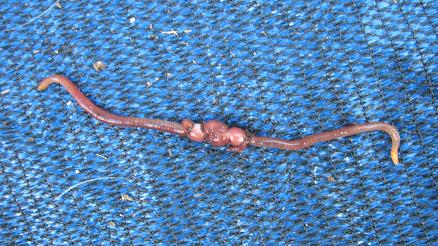
Our New Book
Order the Kindle E-book for the SPECIAL PRICE of only
$3.95
Prices valid till 31.01.2026!
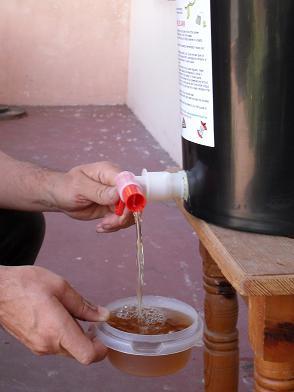


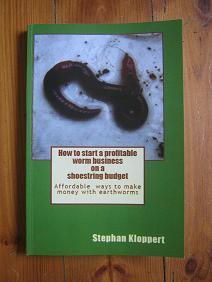
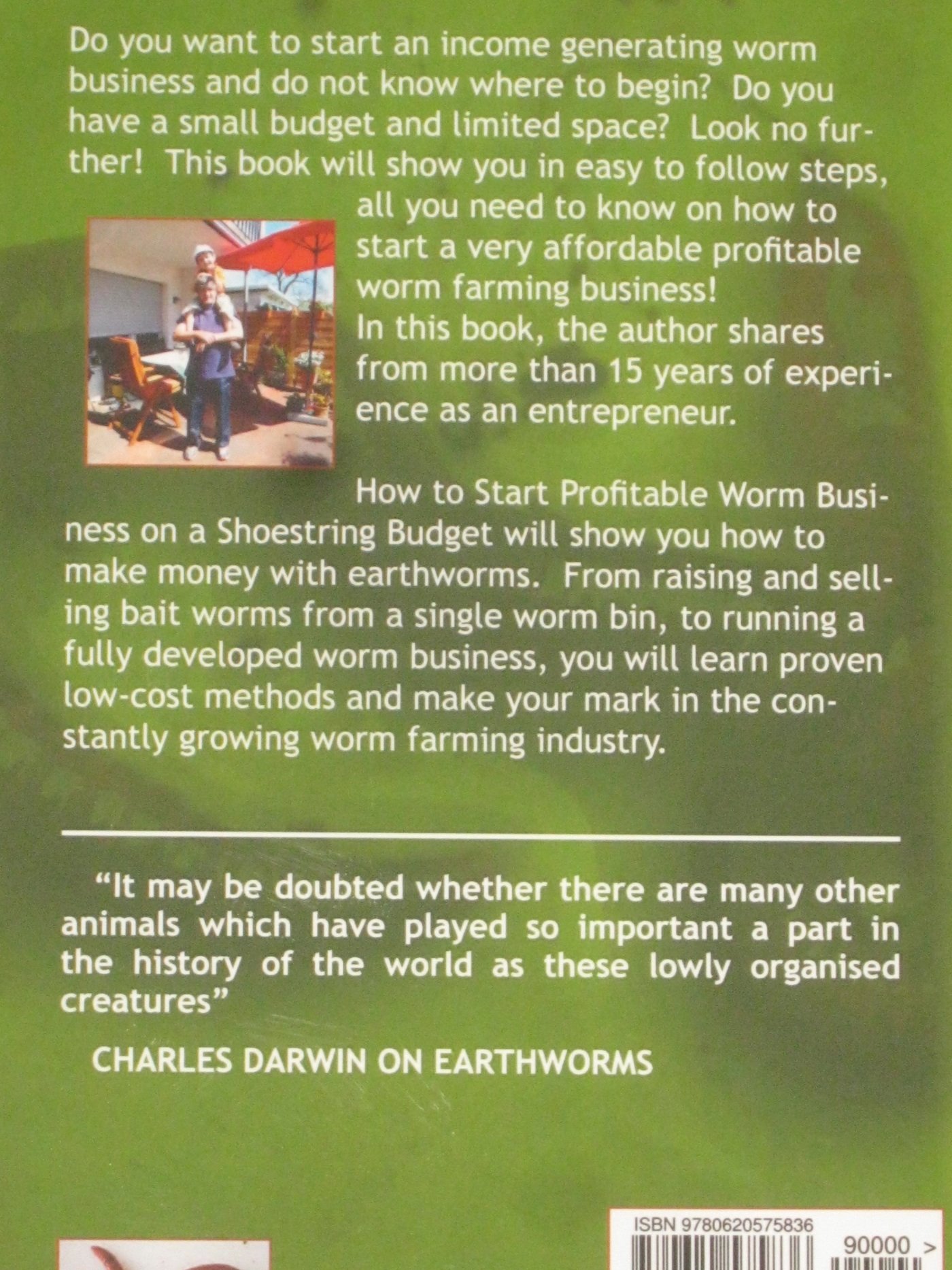

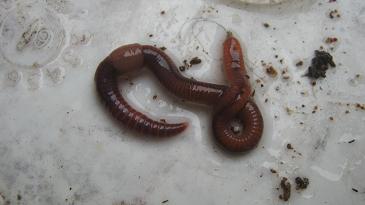
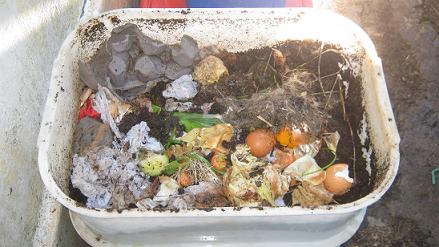
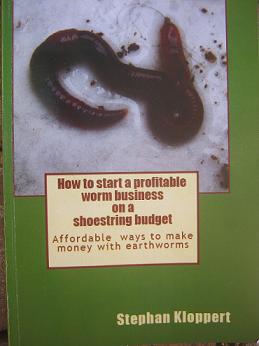
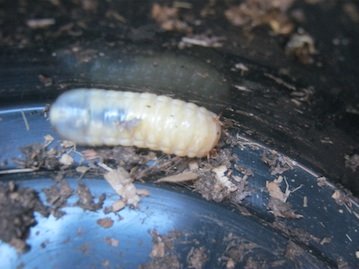
New! Comments
Have your say about what you just read! Leave me a comment in the box below.